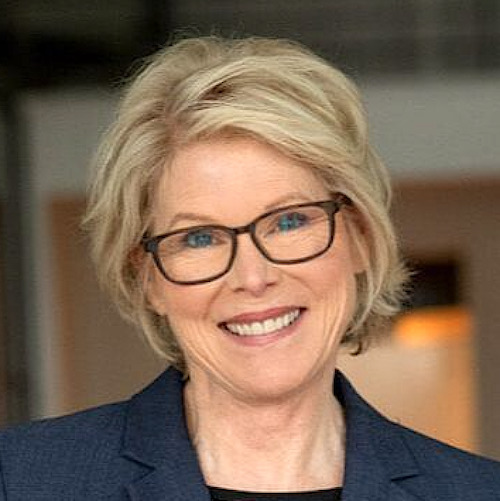
May has been Older Americans Month, but I’ll bet you haven’t seen a lot of celebrations. Despite a rapidly aging population, little has been done in the policy arena to ensure less wealthy older Americans can access affordable housing and receive the care they need with ease and dignity.
In 2019, there were 54 million Americans aged 65 and older, making up 16% of the population; that share is projected to grow to 22% by 2040. Almost 5 million of these individuals lived below the poverty line, and another 2.6 million were dangerously close. If you sense urgency in those numbers, you are on the right track.
Across the country, affordable housing is a critical issue; older Americans consistently see their resources dwindle and confront long waitlists at retirement homes. As affordable housing options shrink, the number of older adults experiencing homelessness rises. In 2019, before the COVID-19 pandemic, a University of Pennsylvania housing study issued a sobering estimate that the number of homeless older Americans will triple over the next decade. We must act fast and mobilize efforts to provide affordable housing options for older adults.
My work at Culpepper Garden, home to 365 low-income older adults in 273 independent-living and 73 assisted living apartments, reminds me regularly that every older adult has lived a full life. Some led illustrious careers, some performed unglamorous work that kept our schools and cities moving, and others cared for their own elders or raised the next generation. We need to see them as the sum of their lived experiences, not as their current financial situations.
No one can predict the future. Some of us will outlive our savings, despite our best efforts and solid retirement plans.
Culpepper Garden is one of a handful of communities in the United States that cater to low-income older adults and provide subsidized access to housing and care. Providing this kind of support to our residents isn’t easy and depends on a combination of private and corporate philanthropy, grants and, in our case, federal subsidies. I’m proud to note that our assisted living facility was the first in the country to receive subsidies from the Department of Housing and Urban Development and serves as a viable model that should be replicated in other parts of the country.
Amidst soaring living costs, affordable housing for older adults is a pressing social justice issue. If we do not course correct and devise new housing policy, an additional 2.4 million low-income older Americans will have no access to affordable housing. Research shows that federal subsidies to offset housing expenses effectively rescue low-income families from poverty. At facilities such as ours, federal support is a crucial safety net for some of our most vulnerable residents. I can well imagine the good such subsidies could do if implemented at residential communities for older adults around the country.
There is a Nelson Mandela quote that imparts a key message: “A society that does not value its older people denies its roots and endangers its future.” There’s no mistaking that we collectively share the moral responsibility to ensure that all older Americans have a place to live as they approach the closing chapter of their lives. Our lawmakers on Capitol Hill, less than 10 miles from Culpepper Garden, have a significant share in that responsibility. How we meet this moment will define us as a nation.
I urge Congress to introduce and pass legislation to ensure that low-income older Americans have access to affordable housing and assisted living facilities. As Older Americans Month comes to a close, I urge you to contact your representative through LeadingAge’s advocacy center and add your voice in support of our cause.
Marta Hill Gray is the executive director of Culpepper Garden, a residential community for low-income older adults in Arlington, VA, offering independent and assisted living options.
The opinions expressed in each McKnight’s Senior Living guest column are those of the author and are not necessarily those of McKnight’s Senior Living.
Have a column idea? See our submission guidelines here.




